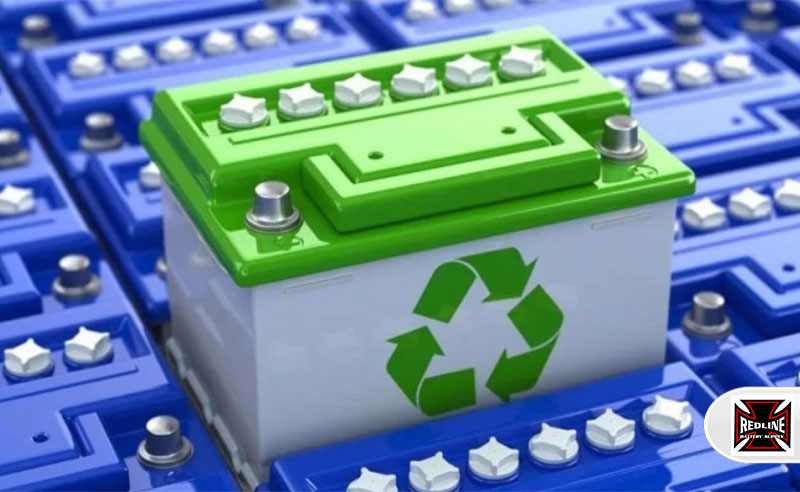
Overview:
Lithium batteries have become an essential component in modern energy solutions due to their high energy density, long lifespan, and ability to be recharged multiple times. By unleashing the full potential of lithium batteries, we can revolutionize the way we generate, store, and utilize energy.
Here are some following ways to maximize the capabilities of lithium batteries for modern energy solutions:
1. Improved Energy Storage Systems:
Lithium batteries can be used to store excess energy from renewable sources such as solar and wind power, allowing for a more stable and reliable energy grid.
2. Electric Vehicles:
Lithium batteries are already widely used in electric vehicles, but improvements in battery technology can increase the range and efficiency of these vehicles, making them more viable alternatives to traditional gas-powered cars.
3. Grid-Scale Energy Storage:
Large-scale lithium battery systems can be used to store excess energy from renewable sources and provide backup power during peak demand periods, reducing reliance on fossil fuels for electricity generation.
4. Microgrids:
Lithium batteries can be used to create localized energy systems, known as microgrids, that can operate independently from the main grid during power outages or emergencies.
5. Portable Electronics:
The high energy density of lithium batteries makes them ideal for powering portable electronics such as smartphones, laptops, and tablets. Continued advancements in lithium battery technology can lead to longer battery life and faster charging times for these devices.
6. Energy-Efficient Buildings:
Lithium batteries can be integrated into building systems to store and distribute energy more efficiently, reducing overall energy consumption and costs.
7. Energy Management Systems:
Smart energy management systems can optimize the use of lithium batteries by monitoring energy usage patterns and adjusting power distribution accordingly.
8. Off-Grid Solutions:
Lithium batteries can be used to power off-grid homes, businesses, and communities, providing access to reliable and sustainable energy sources in remote areas.
9. Energy Storage for Renewable Energy Integration:
Lithium batteries can help integrate intermittent renewable energy sources such as solar and wind power into the grid by storing excess energy for later use.
10. Research and Development:
Continued investment in research and development of lithium battery technology can lead to further improvements in performance, safety, and cost-effectiveness, unlocking even greater potential for modern energy solutions.
Conclusion:
By implementing these strategies and leveraging the capabilities of lithium batteries to their fullest extent, we can create a more sustainable and efficient energy ecosystem that meets the growing demands of our modern society.
More News